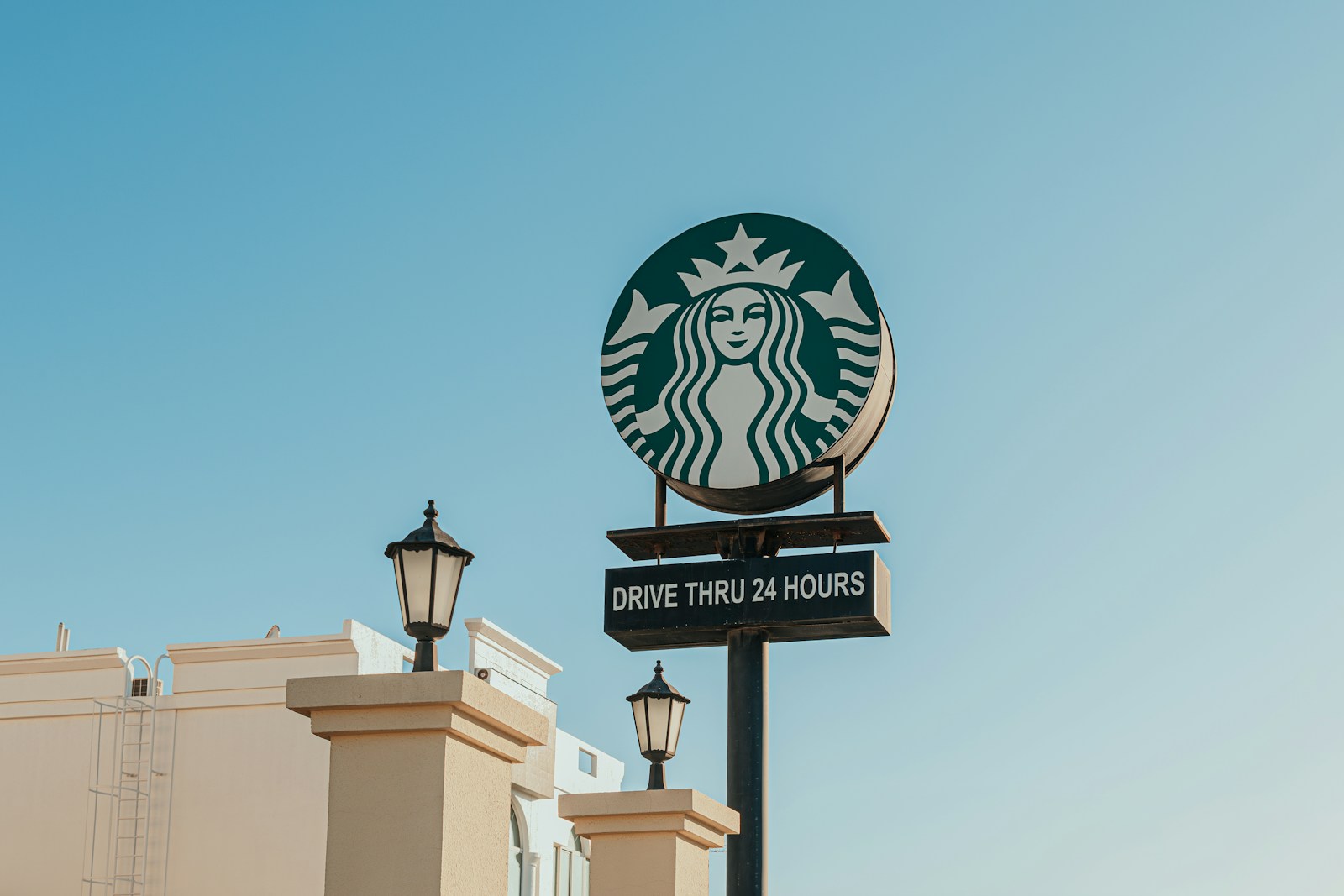
The entrepreneurial journey is a captivating path, filled with both exhilarating triumphs and daunting challenges. Two prominent avenues for aspiring entrepreneurs are franchising and starting a business from the ground up. Each presents distinct advantages and drawbacks, requiring careful consideration of individual goals, risk tolerance, and available resources. This article will delve into the fundamental aspects of franchising and startups, analyze their key differences, and guide you in determining which path best aligns with your unique aspirations.
Understanding the Basics
Before embarking on this comparative analysis, it’s crucial to grasp the core concepts of franchising and startups.
What is a Franchise?
A franchise is a pre-established business model where an individual (the franchisee) purchases the right to operate a business using the trademarks, branding, and operational systems of an existing company (the franchisor). This arrangement provides the franchisee with a proven business model, ongoing support, and access to established brand recognition.
What is a Startup?
A startup, on the other hand, involves creating a completely new business from scratch. This entails developing a unique product or service, establishing a brand identity, and navigating the complexities of market entry and competition. Many entrepreneurs seek the right place to foster creativity and growth, as the environment plays a crucial role in shaping the future of a startup. Startups often require significant innovation, risk-taking, and a strong entrepreneurial spirit.
Key Differences Between Franchises and Startups
Several key distinctions differentiate franchising from starting a business independently.
Risk: Franchising generally presents lower initial risk due to the established brand and operational systems. Startups, conversely, are inherently riskier, with a higher potential for failure.
Control: Franchisees have limited control over operations, adhering to the franchisor’s guidelines. Startups, conversely, offer complete autonomy and the freedom to make independent decisions.
Support: Franchises provide ongoing support from the franchisor, including training, marketing assistance, and operational guidance. Startups rely heavily on the entrepreneur’s resources and network for support.
Investment: Franchise fees and initial investments can vary significantly, but generally require a substantial upfront capital. Startup costs can also be substantial, depending on the industry and scale of the venture.
Growth Potential: Both franchising and startups offer growth potential, but the nature of growth differs. Franchise growth often involves expanding within the existing franchise system. Startup growth depends on market penetration, product development, and strategic expansion.
Pros and Cons of Franchising
Pros
Reduced Risk: Leveraging an established brand and proven business model mitigates the risk of failure.
Brand Recognition: Instant access to a recognized brand and established customer base.
Training and Support: Ongoing support from the franchisor, including training, marketing assistance, and operational guidance.
Established Systems: Access to proven operational systems, including inventory management, marketing strategies, and customer service protocols.
Lower Marketing Costs: Reduced marketing expenses due to the established brand and potential for leveraging national advertising campaigns.
Cons
Limited Control: Franchisees must adhere to strict guidelines and may have limited autonomy in decision-making.
Royalties and Fees: Ongoing royalty payments and franchise fees can significantly impact profitability.
Competition: Potential for competition within the franchise system, particularly in saturated markets.
Less Flexibility: Limited flexibility to adapt to local market conditions or implement innovative strategies.
Potential for Franchisee Disputes: Potential for conflicts with the franchisor regarding operational decisions or contract terms.
Pros and Cons of Startup
Pros
Complete Control: Full autonomy in decision-making regarding all aspects of the business.
Higher Potential for Growth: Unlimited potential for growth and innovation without the constraints of a franchise system.
Greater Flexibility: Flexibility to adapt to market trends, customer preferences, and competitive pressures.
Personal Fulfillment: The opportunity to build a business from the ground up and achieve personal and professional fulfillment.
Potential for High Rewards: The potential for significant financial rewards and the opportunity to build substantial wealth.
Cons
Higher Risk: Significantly higher risk of failure compared to franchising.
Significant Investment: Requires substantial financial investment, often exceeding the initial startup costs.
Lack of Support: Limited support and guidance, requiring the entrepreneur to navigate challenges independently.
Market Uncertainty: Facing the uncertainties of a new market, including competition, customer acquisition, and market validation.
Time-Consuming: Requires significant time and effort, often demanding long hours and personal sacrifices.
Which Path Is Right for You?
The decision between franchising and starting a business depends on a careful evaluation of individual circumstances, aspirations, and risk tolerance.
Consider these key factors:
Risk Tolerance: Are you comfortable with the higher risk associated with starting a business from scratch, or do you prefer the relative security of a franchise?
Financial Resources: Do you have the financial resources to cover the initial investment and ongoing operational costs of a startup, or are you better suited to the financial structure of a franchise?
Level of Control: Do you desire complete control over all aspects of your business, or are you willing to relinquish some control in exchange for the support and guidance of a franchisor?
Entrepreneurial Spirit: Do you possess the drive, determination, and resilience to overcome the challenges of building a business from the ground up?
Industry Knowledge: Do you have in-depth knowledge and experience in the industry you are considering, or would you benefit from the expertise and guidance of a proven franchise system?
Support Network: Do you have a strong support network of mentors, advisors, and potential investors to assist you on your entrepreneurial journey?
Lifestyle Preferences: Are you willing to dedicate the significant time and effort required to build a successful startup, or do you prefer the more structured and potentially less demanding lifestyle of a franchise?
By carefully considering these factors and conducting thorough research, you can make an informed decision about the path that best aligns with your unique goals and aspirations.
Conclusion
The choice between franchising and starting a business is a deeply personal one. Each path offers unique advantages and drawbacks, and the optimal choice depends on individual circumstances and preferences.













